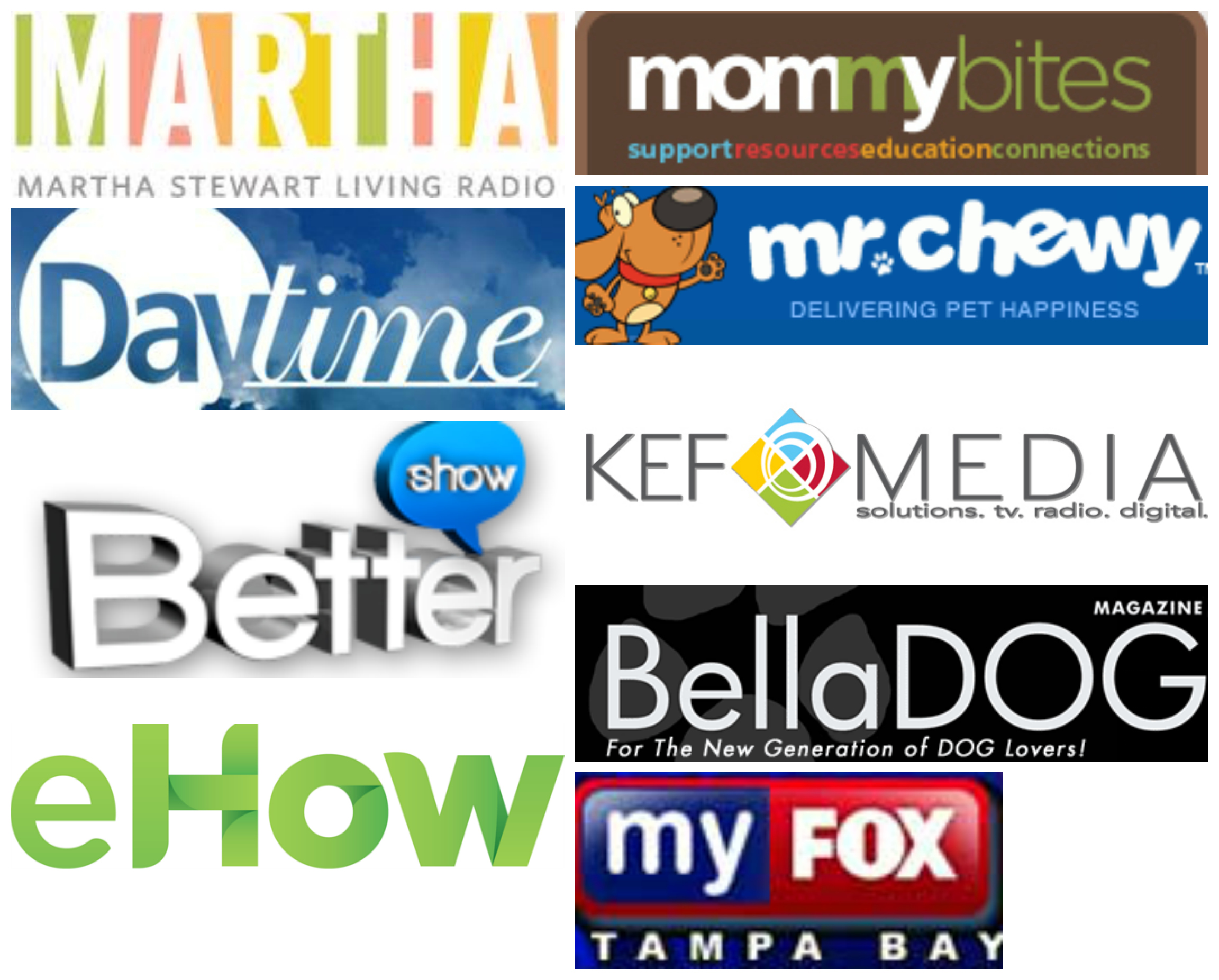New Year, New Dog- The Pack Mom’s Puppy Survival Guide
It’s the beginning of February and many families are into their second month with a new dog. Right about now, they are most likely sleep deprived, minus one or a few pairs of shoes and just might be replacing a baseboard or two. The joys of puppy hood (sigh). So many of my clients go through the puppy months with much more frustration than necessary. Don’t get me wrong. It can be a challenge, but with time, patience and a lot of love, you too can raise a good canine citizen!
The Pack Mom Puppy Survival Guide
Set Boundaries– from day one, it is important to not let the puppy rule the house. Breaking a habit might be more challenging than establishing a new habit in the beginning…even though it might not seem that way in the beginning! Puppy training classes are a great way to get the whole family on board. Puppy training classes are held at pet stores, at veterinarians’ offices and at community centers.
House training– No matter what method you choose to use, consistency and follow through are the keys to success. Crate training, if done correctly, can become the safe place or den for the puppy and many pet parents have success with a bell system.
Socialization– is key to all dogs’ development and lack of socialization can lead to negative behaviors. Coordinate a small play group at one of your homes, backyards or safe fenced area and after proper introductions of the puppy to the older dogs, let the monitored play begin.
During the first few months of a puppy’s life, dog parks should be avoided. Your puppy will need to be up to date on all shots prior to heading to the park. I would also recommend attending puppy class with your dog before a dog park visit to get a few commands under your belt. In the future, dog parks should always be monitored closely.
Socialization with a variety of people and children is important at a very young age. The earlier the better!
Exercise– many behaviors can be modified by exercise. Begin by taking your puppy on short walks in the neighborhood and as the puppy gets older, increase the distance and speed of your walks.
Mental stimulation is important as well. Your puppy will need toys of different strengths and textures and healthy/safe chew treats to keep them engaged. Not to mention, to redirect their behavior when chewing your favorite shoe!
Nutrition– A nutritious diet provides your pet with many health benefits and hopefully less vet visits. Feed the right amount! Too much food will cause extra potty accidents and too little is not good for the puppies growth.
Having a puppy is like having a new baby in the house. There will be potty accidents; there will be chewing and misbehavior.
Patience, a lot of love and a good sense of humor will get you through it!
Category: Exercise, Family, PACK MOM TV, Pet Nutrition, PET WELLNESS, Play, Training








